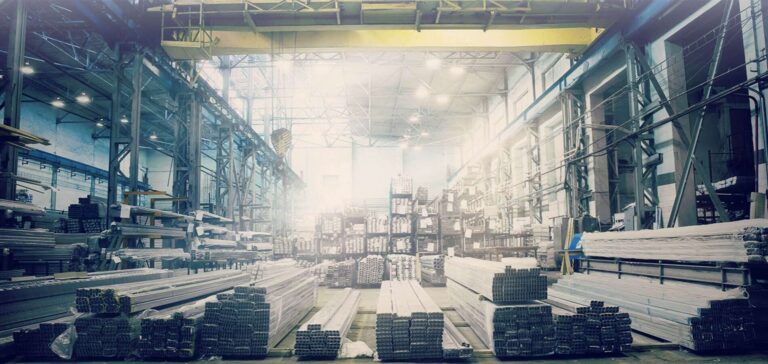Solar-powered aluminum to be developed near Dubai, says Emirates Global Aluminium Emirates Global Aluminium (EGA) on Monday January 18 via a press release.
The United Arab Emirates (UAE) will become the first country in the world to develop aluminum using solar energy.
Solar energy will be extracted from a huge 1GW power plant near the emirate of Dubai, managed by the Dubai Electricity and Water Authority (DEWA). Thanks to the development of this “clean” technology, the Emirates are affirming their commitment to the energy transition of their national industry.
The world’s first solar-generated aluminum
CelestiAL aluminum will be carbon-neutral
This aluminum, which will be marketed under the name CelestiAL, will be produced using solar energy from a DEWA solar park.
This is a major step forward for the aluminum industry, which is very difficult to decarbonize.
The UAE has invested heavily in obtaining the solar energy needed to melt this chemical element.
Read on energynews.com: Cryptocurrencies: A New Energy Challenge
EGA’s Managing Director reminded the audience of aluminum’s essential role in sustainable development.
It is therefore important to ensure that it is produced using clean energy.
It is estimated that EGA will produce 40,000 tonnes of clean aluminum in its first year.
CelestiAL to supply the world
EGA plans to export its CelestiAL aluminum all over the world.
Indeed, demand for zero-carbon materials is strong, as they enable companies to comply with environmental regulations.
The Emirates and Dubai in the throes of energy transformation
5GW for the Al Maktoum solar power plant
The United Arab Emirates built the huge Mohammed bin Rashid Al Maktoum solar power plant.
Today, its capacity is 1013MW.
In the near future, DEWA will be installing new solar panels and thermodynamic solar power plants, greatly increasing the plant’s output.
By 2030, this solar park will be one of the largest in the world, with a capacity of 5GW.
By 2021, it will power 320,000 homes and save 1.6 million tonnes of CO2 per year.
Dubai aims to become the world’s most sustainable city
Solar aluminum production will be part of Dubai’s Carbon Emissions Reduction Strategy.
The ambition is for 75% of Dubai’s energy production to come from green energies.
In addition, DEWA’s director claims that Dubai has already reduced its carbon emissions by 22% in 2019.
Indeed, the country is investing drastically in photovoltaics.
However, the UAE remains one of the world’s largest producers of hydrocarbons.
In fact, the Emirates have developed economically largely thanks to oil.
But with aluminum now produced using solar energy, the country is now turning to renewable energies for all its industrial production.






















